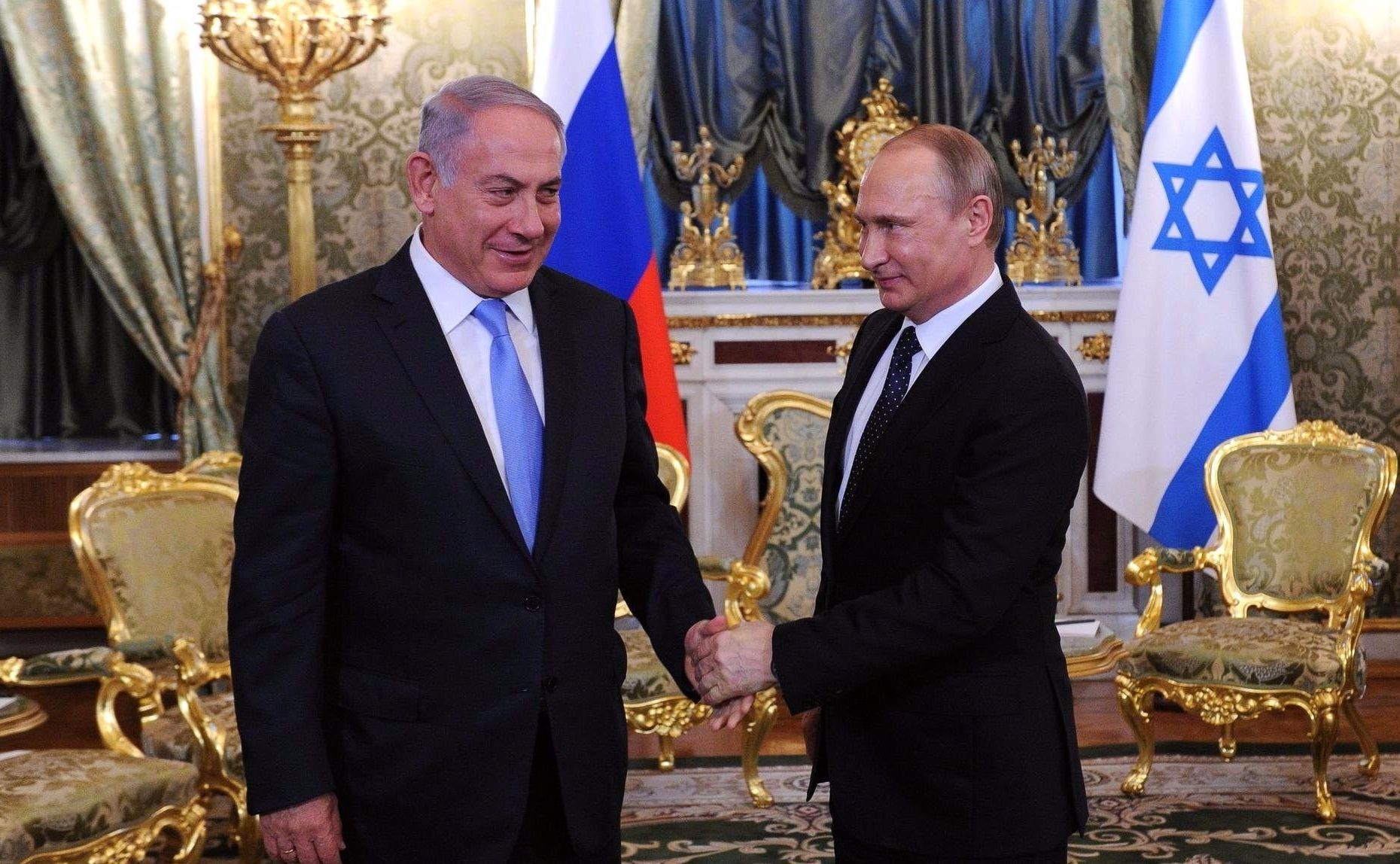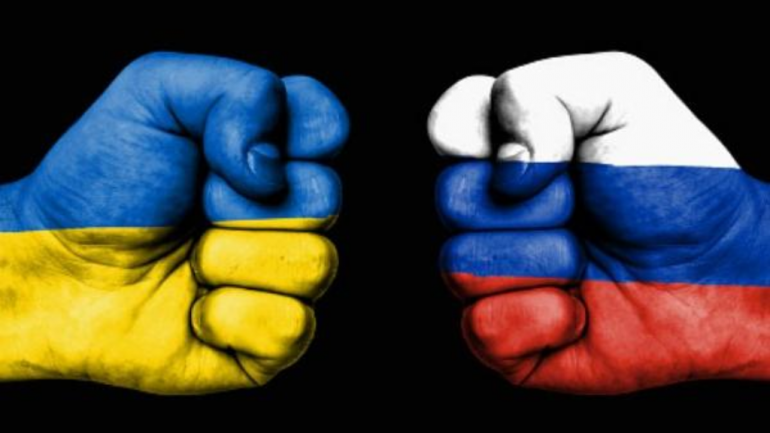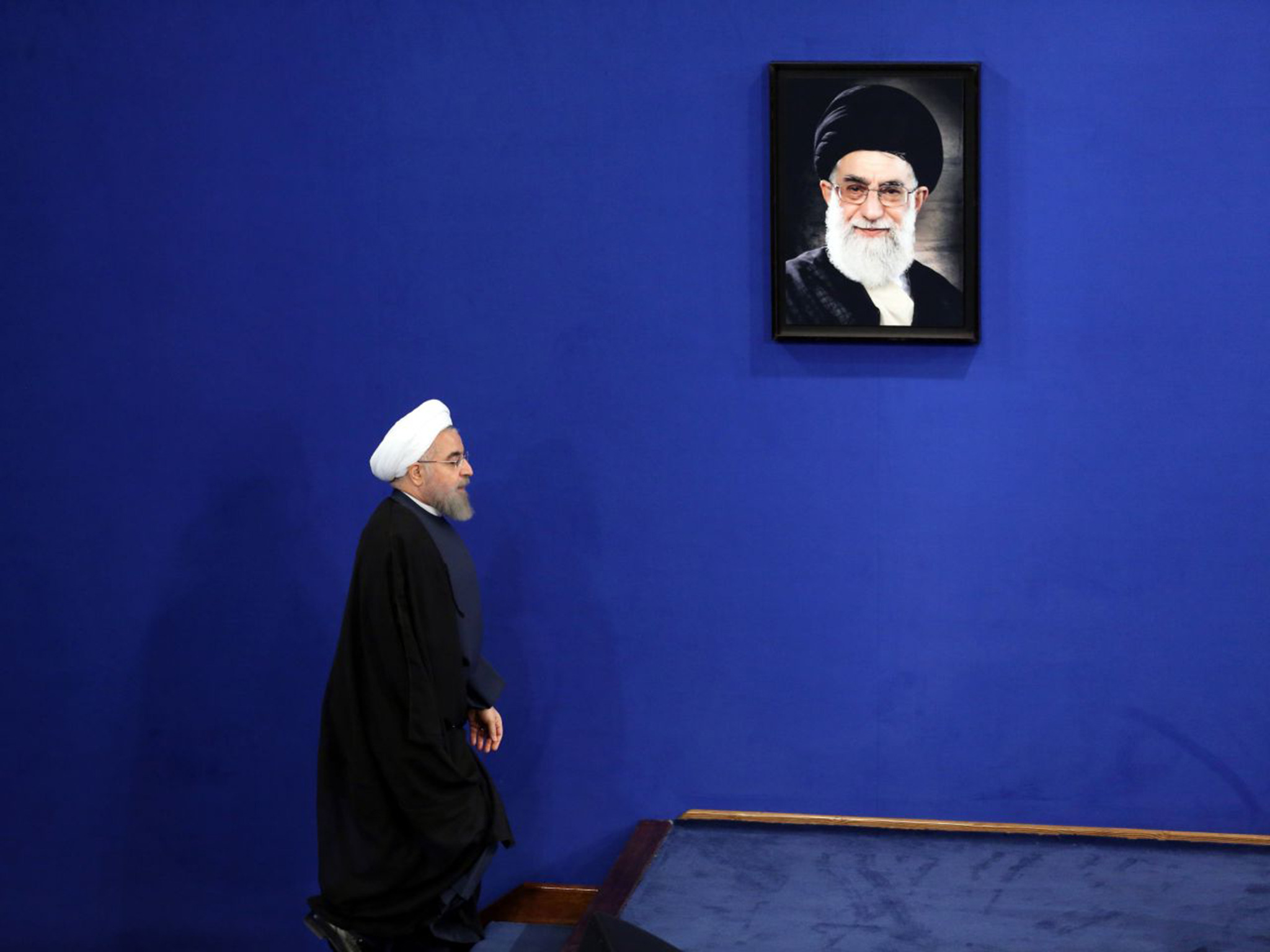
With at least eight public visits to the Kremlin in the last five years, Israel’s Prime Minister Benjamin Netanyahu has become a frequent guest in Moscow.
Netanyahu’s meeting with President Vladimir Putin in Sochi on Wednesday over Syria and the Middle East comes within the context of the close relationship that Israel enjoys with Russia.
One of Netanyahu’s key concerns is the recent cease-fire in southern Syria brokered by the United States, Russia and Jordan in July. Israel also wants to stress its concerns about Iranian involvement in Syria and Lebanon and Hezbollah’s growing power.
[alert type=blue ]Author: Dr. Seth J. Frantzman is opinion editor at the Jerusalem Post and a research associate at the Rubin Center for Research in International Affairs at the Interdisciplinary Center (IDC) Herzliya.[/alert]
It has been slightly over 25 years since Russia and Israel restored relations after they broke down following the Six-Day War. Under Putin and Netanyahu, relations between the countries have never been better.
During Obama’s eight-year tenure, when Netanyahu felt U.S. support on key issues including the Iranian nuclear program was slipping, Netanyahu found Putin to be more reliable.
The Syrian issue is always at the top of the list of Netanyahu’s discussions with Putin. On May 10 this year when they spoke, Netanyahu congratulated Putin on the anniversary of the Soviet Union’s victory over the Nazis in World War II, and they “discussed current bilateral cooperation matters, the situation with the Middle East peace settlement and the Syrian crisis,” according to a readout from the Kremlin.
Unlike the United States, which is Israel’s key military supporter and a country Israel enjoys warm bilateral ties with, the relationship with Russia is built on pragmatism. Russia’s influence in the Middle East has grown and it is a key backer of Bashar Assad’s government in Damascus.
After the Syrian war broke out in 2011 — and especially when fighting began to spill over into the Golan Heights — Israel became concerned that chaos in Syria would eventually lead to war in the north of the country.
Most of Israel’s concerns center on the relationship between Hezbollah in Lebanon and Damascus. Hezbollah is a key backer of the Assad regime and its forces are deployed in Syria.
Hezbollah is also closely allied with Iran and received much of its largest weapons, including an estimated 150,000 missiles from Iran. On Aug. 17 Israel Air Force Maj. Gen. Amir Eshel was quoted in Israeli newspaper Haaretz as saying that Israel struck Hezbollah arms convoys almost 100 times in five years.
When Netanyahu flew to Moscow in September 2015 along with Army Chief of Staff General Gadi Eizenkot and his head of military intelligence, he sought to create a channel for conflict deescalation in southern Syria, so Russian and Israeli military assets would not run into one another.
When Israel’s Defense Minister Avigdor Lieberman met Russian Defense Minister Sergei Shoigu and Foreign Minister Sergei Lavrov in April he stressed that Israel opposes Iranian forces or Hezbollah deploying near the Golan Heights.
Moscow takes into account Israel’s security concerns, but for Netanyahu it is important to stress the issue face-to-face. While Israel understands the Russian-Syrian alliance, it hopes that Moscow will encourage Damascus to wean itself off Tehran and sectarian militias including Hezbollah.
A weakened Syrian regime has allowed foreign forces too much influence and Israel fears that Iran is attempting to dominate the region with a corridor of power that stretches through its allies in Baghdad via Damascus to Beirut. This threatens Russia as well because too much Iranian power leads to Sunni radicalization and the growth in Jihadist groups which have carried out attacks on Russian soil.
Israel views Hezbollah as a vicious terrorist organization responsible for supporting bombings in Bulgaria, Argentina and elsewhere. It remembers the 2006 war when thousands of rockets rained down on Israel’s north and wants Moscow to know there are red lines that could cause another war.
One red line is the appearance of Hezbollah or Iranian forces on the Syrian side of the Golan. Another appears to be the transfer of Iranian military hardware to Lebanon in the form of permanent bases, amid recent accusations Iran has also constructed a missile factory in northern Syria.
Russia is a key actor in Syria. If the Assad regime relies on Moscow and less on Tehran, Israel would view the cease-fire in southern Syria, or the slow triumph of Damascus over the rebels, to be less threatening.
[toggler title=”SOURCE” ]This article was originally published by The Moscow Times [/toggler]



